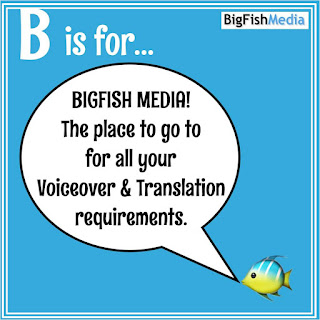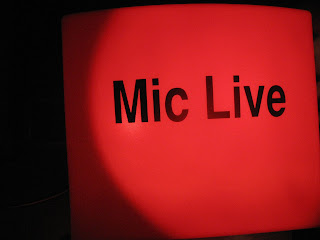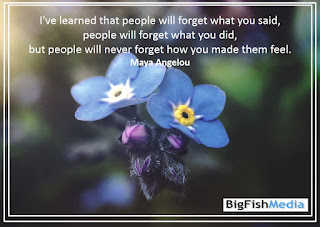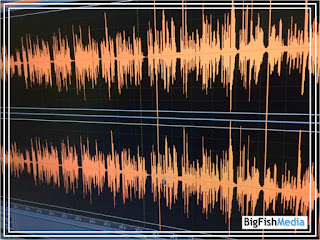Every
week we get many people calling or emailing for advice on a voiceover career,
so I thought it worth posting this.
So
how do you become a voiceover artist? How do you get to be as good as the
people who do voice-overs for radio stations and provide the voices of so many
commercials?
Well
do you know who they are and what they do? Why do you want to become one? Why
do you think you can do it as well or better?
Things
for you to do and think about. What you need to do first?
Get
involved with your local hospital radio station. It will give you technical
experience, experience in front of the microphone: everything you will need to
give you a thorough grounding in using your voice.
Do
you have a local theatre group or amateur dramatic society? Find them and
volunteer, voiceover work IS ACTING!!! Even the simplest voice over requires
performance skills.
Do
you have a mobile phone? Change the voice mail message on it every day, try to
impress people with it. Make a note of what works for your voice-over and what
doesn't.
Find
someone to whom you can regularly read a story. If you're good at characters,
well a good story will give you plenty of opportunity to prove it.
Do
you want to go on a course and get some professional voiceover training?
They'll teach you how to get the best out of your voice.
Enthusiasm
is great and it will get you through the tough times, but a space shuttle pilot
got to sit in his seat through a combination of training, experience,
dedication, enthusiasm and hard work now you must do the same.
I
suspect like most people keen to follow a career in voice-over work you would
like to phone someone up tomorrow morning and be paid to voice something for
them tomorrow afternoon. I've never known that happen for anyone. Now it's time
for you to put in the work.
A
good, clever or flexible voice is only rung one on a very long ladder. Imagine
I am a producer and you need to give me a reason why I should use you in
preference to someone else, what would you say? You can't say good voice, good
impressions, good at accents; the other guy has got that already.
Work
in the voiceover industry can be feast or famine and in the early days it will
be thin on the ground, you just need to keep telling people that you are out
there. Remember it is not a salaried job so if you don't work, you don't earn.
There can be travel involved depending on what voiceover work you are doing.
With
the right equipment it is possible to work from home but you will need to find
the space for an office and voice-over booth. You can set yourself up for about
£4,000. You will need to buy at least one computer and printer, an ISDN codec,
editing software (eg Pro Tools or Adobe Audition), Microsoft Office and a
decent microphone (Neumann are the best by far but very expensive).
Using
ISDN technology you can be accessed live from around the world; most local
radio commercial voiceovers are recorded this way. If you are working alone
from home (especially without an agent) you will need the drive and
determination to succeed, as well as being your own IT expert, accountant,
office manager and marketing manager. Just having "a good voice" is
not nearly enough.
You
will then need to build up your voice-over contacts book, market yourself using
the internet, the phone and email. It is possible to break in, and there are
lots of people who will give you a first chance, but if you try before you are
ready you could very easily blow it. Producers of voiceovers talk to one
another so your first session could also be your last.
Practice
reading aloud, record yourself, listen to voice-overs on TV, radio, film and
ask yourself why they are good or bad. Could you have done better?
BigFish
Media are happy to produce your voiceover showreel. Please contact us for details. Any demo longer than 90 seconds is too long. What
are you going to put on it? That's up to you, but before you decide, get advice
from the experts.











































